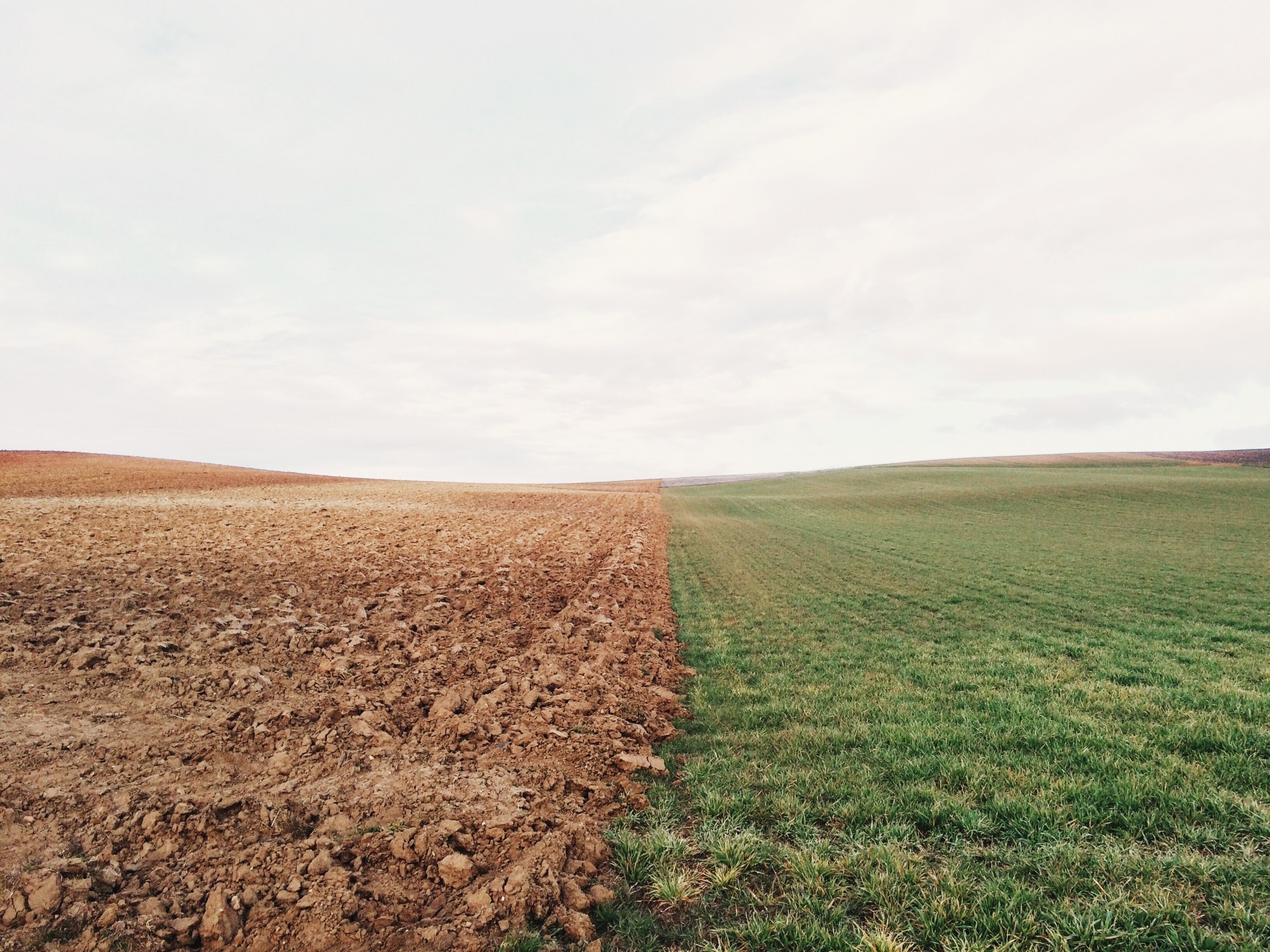Workshop 3a
Ideas for task 2:
a train station- focusing on a person’s thoughts as she takes the train to and from a certain spot each day
Lortsmith Animal Hospital-
Old person’s home
Homeless person
Hospital- with mum with someone getting their blood taken??
Around the park- Caulfield Park
Why do I go? Location noises? Different times of the day? People who go- dog walkers, people who are running, playground
As I notice people, record me going up to them
My voice- of me walking around the park, what I notice, my observations
Audio diaries- close connection to it
***Talk to Kyla, Joe Richman ‘Audio Diaries’
Church!- talk to dad
Listening:
Although it has seamless transitions and the compositions and interviews/narration have been done well, I wasn’t totally engaged like I was in Poetry Texas for example. I think you have a different reaction to say a feature and a radio doc- which resembles more a tv documentary. I could actually picture it, visually watching the interviews and ‘mock’ recreated scenes.
The sound effects and music to build momentum and emphasise the content was done really well, and the narration and interview was really consistent with ABC feature pieces.
What really does interest me, is how this struggle of ethnicity has continued today, and it still continues in our Australian society. I do like how the stories have both a balance of happy and sad, whilst the narrator’s voice carries us through, intertwining her own story.
Reading:
“A radio documentary is a blend of art and journalism that hinges on storytelling through sound. To craft a radio program, documentary makers identify 198.10 intersections between multiple oral history interviews and collate them, along with affective auditory elements such as ambient sound and music, so that the assembled items unfold as a seamless, cogent, and compelling narrative, one that also delivers an accurate representation of the topic and an aesthetically pleasing listening experience.”
“even though the journalists have not themselves experienced the trauma, listening to victims recall events during interviews can make the journalists absorb the emotions and therefore feel as if they have experienced the event themselves.”
“the affective power of sound and voice, combined with the intimacy of the listening process, means we can be moved by listening to oral history; this, in turn, affects how we absorb and retain its content, as well as how we judge that content.Moreover,when an informant narrates an experience in an affecting way (i.e., with palpable emotion), listeners will register the emotion through the prism of their own lived experiences; we can infer that this personalization will confer added impact.
Reflection:
Where am I in terms of craft, knowledge and interests (re radio focus) and how you want to move forward from here….?
As I am slowly finding my feet, and the grass is slowly starting to look greener, there is a touch of hope in the still freezing Melbourne air.
I think in terms of craft, I think simple is better. I need to ensure I don’t overcomplicate things and don’t bombard anything I do with FX, sounds and music, JUST for the sake of having it there! Telling beautiful, emotionally gripping stories can be done through simplicity, and this is what I want to work on for the upcoming tasks- and maybe for the rest of the semester. The idea of radio documentary is also really fascinating to me.
To explore and expand this, I would like to really push myself, and rather than sit down and watch 2 hours of The Real Housewives, I should be amercing myself and listening to as much audio as I can, to gain inspiration and really understand what I like/dislike/what I would like to replicate. Being a writer, I know that the only way to improve is to read, read and read some more. I am certain this is the same with radio.
